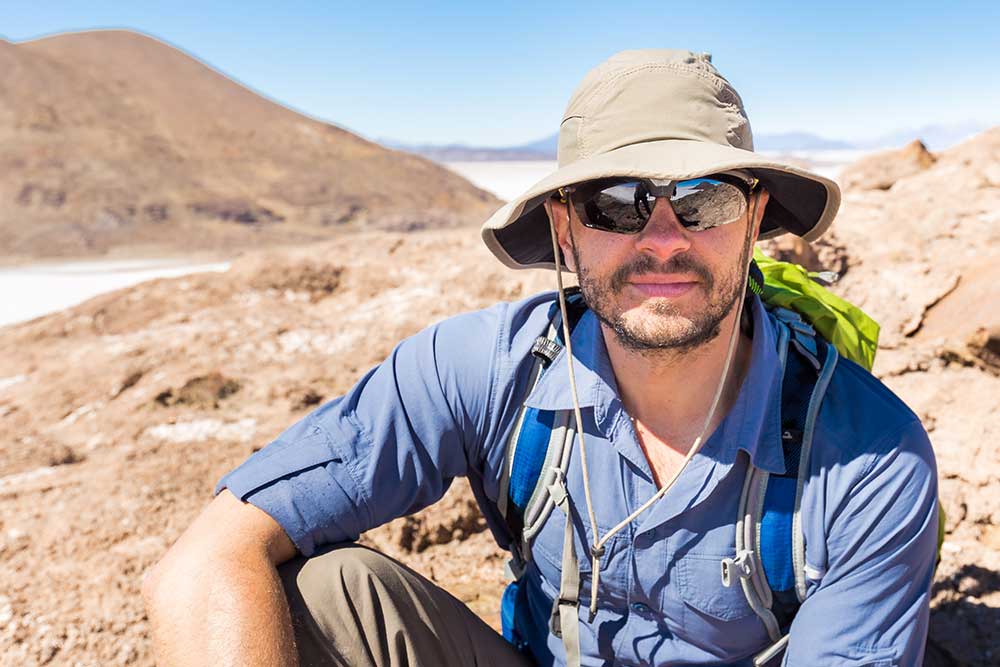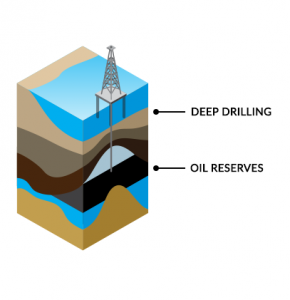All Categories
Featured
Table of Contents
Surface Geophysical Methods in Kingsley WA 2023
This work is progressively contracted out, so consultancies provide another source of employment. Consultancy firms differ in size, from extremely little companies to large multinationals. Some consultancies are rather specialised in utilizing specific geophysical strategies or working in specific areas, while others provide a more varied series of services to their consumers.
The extraction of gas from land fill websites is another location of employment and this might grow in the future. Expedition business may undertake work for construction companies, water business, mining business and environmental firms, so geophysicists might be used in any of these settings. Other companies consist of: geological surveysgovernment bodies and agenciesuniversities and research study institutes.


Jobs may be noted in the oil and gas sector press. Recruitment is impacted by oil cost changes and the level of competitors for positions differs depending upon this. Professions Days, which cover the full series of geoscience careers and are typically gone to by a variety of essential industry companies, are run by The Geological Society.
How To Become A Geophysicist in Sinagra Aus 2020
Some of the big oil and gas business use a full two-year structured training program throughout the breadth of geophysics, including the chance to experience operate in numerous teams before specialising in one area. Your training might include deal with: existing wellsmagnetic and gravitational possible field data analysisresearchrock analysis. It's more typical for your initial training to be offered on the task.

There might be a probationary period during which you work along with a knowledgeable colleague. Competency-based appraisals happen regularly in many companies. In smaller companies, and for academic posts, there is unlikely to be any formal training - you'll be expected to start work straightaway and select up skills as you go along.
If you work for a smaller company, you may find that you need to take responsibility for arranging and funding your own advancement and training. If you have a geology degree, membership of The Geological Society can be helpful for networking and for maintaining to date with the market.
Geology And Geophysics - Careers And Employment in Marmion Australia 2023
You might likewise discover it useful to join the PESGB (The Petroleum Expedition Society of Great Britain, which has a geophysics unique interest group. After a probationary period, and when you've acquired some experience, you might advance to senior geophysicist, then group leader and then into a senior role in management.
The ease of motion in between roles depends on the business structure. Research study at Masters or Ph, D level in a subject associated to geophysics or geosciences may aid with your career development and development. The work market within the oil and gas industry is extremely based on cost and this might impact your opportunities for profession progression.
Not all jobs are dependent on the oil and gas markets. For skilled geophysicists, freelance consultancy provides a great path for profession advancement. You can also specialise in a particular location of geophysics. As a geophysicist, you're likely to have numerous jobs throughout your working life. Worldwide mobility is essential for handling peaks and troughs in different nations at different times.
Geophysicist Salary And Job Description 2023 in Leeming WA 2022
From geophysics, it's possible to concentrate on seismology (finishing more training to end up being a seismic interpreter) or to move into associated locations such as engineering geology or threat forecast.
Deciding what to study in college is a difficult option. Even if you know that your field of interest depends on science, what program of study is right for you? If you make the choice to major in physical and biological sciences and pursue a career as a geophysicist, you're preparing for an interesting and rewarding occupation.
The first step to accomplishing your objective of ending up being a geophysicist is earning a degree. Even for entry-level positions in the field of geoscience, you'll need a bachelor's degree (a geophysicist college degree) from a recognized college or university. Geophysicists should be able to: examine rocks, photographs, and other pieces of data perform research study both in the field and in laboratories create maps and charts of their findings compose reports To achieve all this, students require a specialized education for geophysicist careers.
As stated above, you'll need a bachelor's degree in geoscience or a related discipline, such as a physical science or a life sciences, to land an entry-level job. However students can likewise prepare by majoring in topics like: Biology Chemistry Computer system science Engineering Mathematics Physics The above geophysicist majors use a more generalized method to a single clinical discipline, however many programs need students to take several geology course.
Latest Posts
Geophysical Survey In Archaeology in Neerabup Australia 2022
Geophysicists in Glen Forrest WA 2020
Geophysical Survey in Lockridge Oz 2023